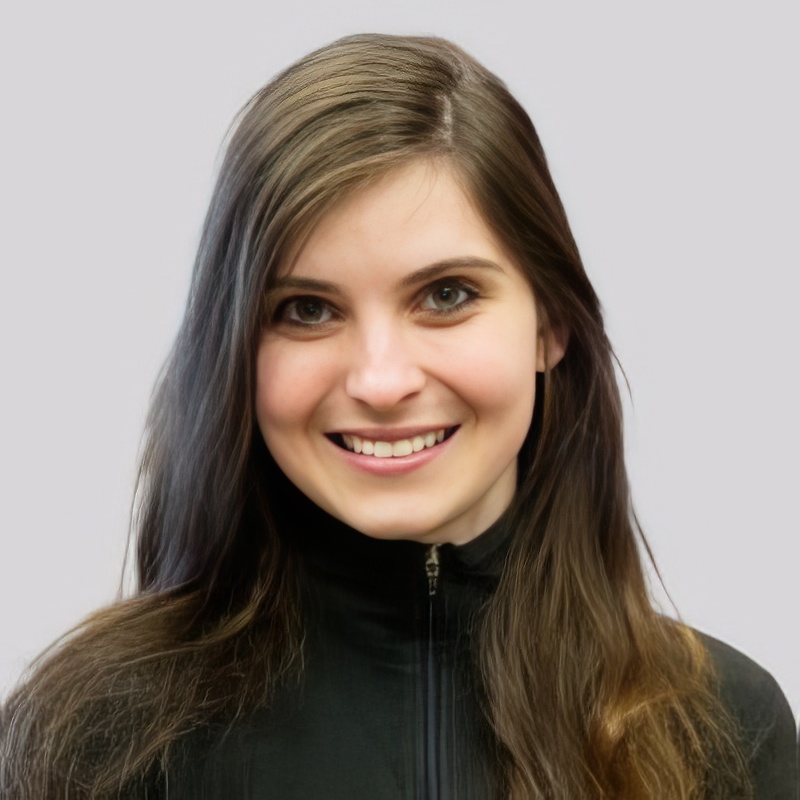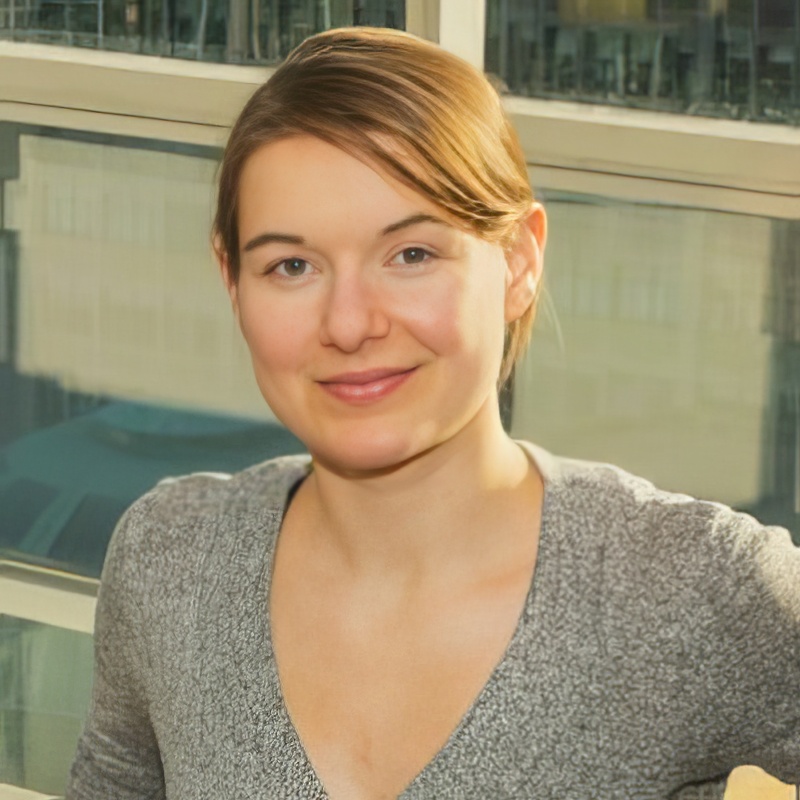Using Carbon Dioxide to Make Fats
Shannon Nangle & Marika Ziesack set out to use biotech to fight climate change.
In a future where we make alternatives to delicious things like meat, cheese, ice cream, and butter, we're going to need one very crucial thing – fats.
Circe is building a manufacturing platform that can make products from carbon dioxide, water, and electricity
Shannon Nangle & Marika Ziesack built a fermentation technology that can create the products that make up our world but radically decarbonize the way we produce them. “This technology will allow us to produce fats to make meat alternatives juicier and more savory, ice cream and cheese alternatives creamier, and cacao butter for truly guilt-free chocolate,” Nangle says. Her main aim is to undermine the need for large-scale animal agriculture, sparing land that would otherwise be used for grazing and growing feed. “We’re trying to incentivize regenerative practices to support a revitalized food system,” Nangle says. “By being intentional with how we source and produce, we can provide truly delicious, climate-friendly foods.”

COMPANY PROFILE: CIRCE BIOSCIENCES
Decarbonizing food production.
Circe Biosciences' mission is promote resilience in the face of climate change while evolving how we care for ourselves and the planet.
FOUNDERS:
→ Shannon Nangle
→ Marika Ziesack
LAST FUNDING STAGE:
Series A
VECTOR:
Biological Machines

13
Team Members

9M
Funding to Date
CO-FOUNDER
Shannon Nangle
Dr. Shannon Nangle, an MIT Tech Review Innovator Under 35, spearheads Circe as its co-founder and CEO, channeling her efforts toward a mission of maximizing productivity while minimizing waste. With a six-year journey dedicated to technological advancements, Circe evolved from Shannon's postdoc research at Harvard. She focused on engineering microbes, refining electrochemistry rigs, and tailoring fermentation systems solidified within the Silver lab, renowned for its pioneering work with microbes in diverse industrial and environmental realms.
Before her tenure at Harvard, she earned a Ph.D. at the University of Washington, delving into crystallography and structural biology of protein complexes. Beyond her scientific pursuits, Shannon immerses herself in surreal cinema, absurdist literature, and an emerging biotech for space community. Following Voltaire's counsel, she nurtures her personal garden when not engaged in unraveling protein structures or orchestrating fermentation expansions.
CO-FOUNDER
Marika Ziesack
With a Ph.D. from the Wyss Institute on top of DARPA project experience, Marika has been instilled with organizational skills and adherence to timelines, crucial in starting a company. She has evolved from hands-on DNA cloning to efficient outsourcing, leveraging modern services.
Her vision for Circe's impact on manufacturing keeps her motivated, aligning with a sustainable and circular economy. The iGEM competition propelled her towards synthetic biology, eventually leading to her Ph.D. with Pam Silver. Today, she enjoys the daily successes in the lab, combining the big vision with small achievements. The Circe system represents a fundamental shift in manufacturing, contributing to a positive future she is proud to work towards.
Delve deeper into the world of Biological Machines through our other inspiring articles or discover why we're also passionate about Human Machine Interaction and Machine to Machine Learning.
DIG DEEPER
Related News & Insights
Bee.
Bee Partners
50 Osgood Place
Suite 220A
San Francisco, CA 94133
LinkedIn: Bee Partners
Twitter: @BeePartners
© Bee Partners 2024

